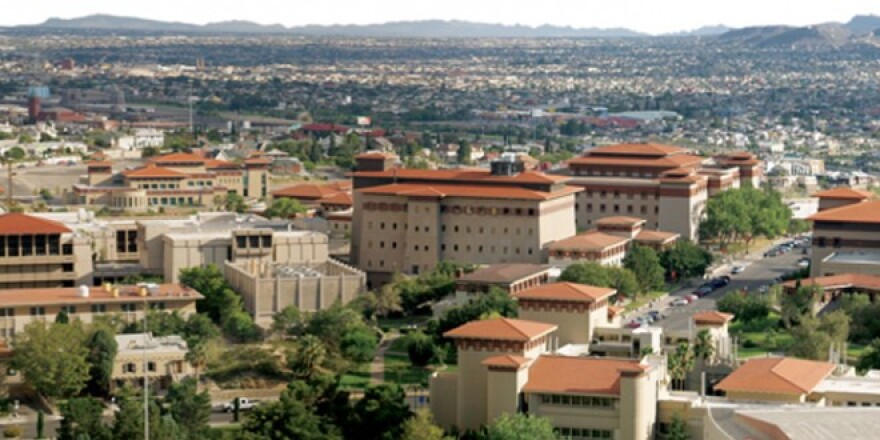The University of Texas at El Paso will establish a new federally funded center focused on energy and biomaterials after being named a recipient of a National Science Foundation (NSF) award totaling nearly $4 million. Here is a statement from UTEP:
The NSF announced Aug. 7, 2018, that UTEP was awarded a new Partnerships for Research and Education in Materials (PREM) grant aimed at fostering next-generation materials research by a team of faculty with engineering and science students from diverse backgrounds, through collaborations with an existing NSF-funded center at another institution. To this end, the new award will support a research collaboration between UTEP and the Materials Research Laboratory at the University of California, Santa Barbara (UCSB).
The collaboration will move forward as the PREM Center for Advanced Materials Research with a focus on energy and biomaterials in its mission to enhance the participation and advanced degree attainment of underrepresented minority students in materials science and engineering.
“We are pleased and proud to receive this highly competitive NSF award,” said UTEP President Diana Natalicio. “This PREM partnership will enhance UTEP’s success in recruiting and retaining highly talented students and preparing them for participation and leadership roles in materials research across the U.S. We look forward to continuing our exciting
The program will foster the growth of collaborative research teams united through Materials Research Science and Engineering Centers (MRSEC)-style Interdisciplinary Research Groups (IRGs). These would be interdisciplinary teams comprised of faculty from science and engineering from both UTEP and UCSB.
“This new PREM Center, led by Dr. Ramana Chintalapalle, is an important recognition of the ongoing materials research at UTEP that can contribute to areas of critical need in energy and biomaterials,” said Theresa Maldonado, Ph.D., dean of the College of Engineering. “Furthermore, there are already existing collaborations with scholars at UC Santa Barbara, and the PREM award will strengthen and accelerate these efforts with an important focus on developing our students with the research training needed to contribute to materials development throughout their careers. Finally, PREM is an opportunity for UTEP to lead this overall effort.”
“The PREM Center for Energy and Biomaterials will provide students a number of opportunities,” said Chintalapalle, Ph.D., professor of mechanical engineering and the new UTEP PREM center’s director. “The caliber of the educational experience UTEP students receive will be enhanced by hands-on laboratory experiences, research mentoring, professional development, research seminars, joint UTEP-UCSB workshops and student exchanges. This is in line with the PREM mission of advancing degree attainment of underrepresented minority students in materials science and engineering.”
The program would focus its research in its two namesake areas of materials science, with the overarching objective being the investigation of the complexities of high-quality, nanostructured oxides and understanding the interplay between synthesis, surface/interface chemistry, and photothermal effects of nano and biomaterials. Housing these IRGs in one research center unifies the cutting-edge materials research programs at UTEP and nurtures true interdisciplinary interactions. The formation of a PREM center also streamlines input and collaborative contributions with UCSB, thus adjoining two productive materials science research centers.
“The United States benefits from greater innovation and a more diverse materials workforce, one that will drive cutting-edge innovations in the decades to come,” said Linda Sapochak, director of NSF's Division of Materials Research. “Now in its second decade, PREM brings innovative research teams that may lack the resources of larger institutions into fully reciprocal collaborations with some of NSF's leading materials research facilities.”
The new class of awardees will receive support for six years. Since its launch in 2004, PREM has successfully diversified research faculty while improving the likelihood that participating students will go on to complete a doctorate in materials research. The initiative has yielded a wide range of results with applications from potential cancer treatments to novel solar cells.


